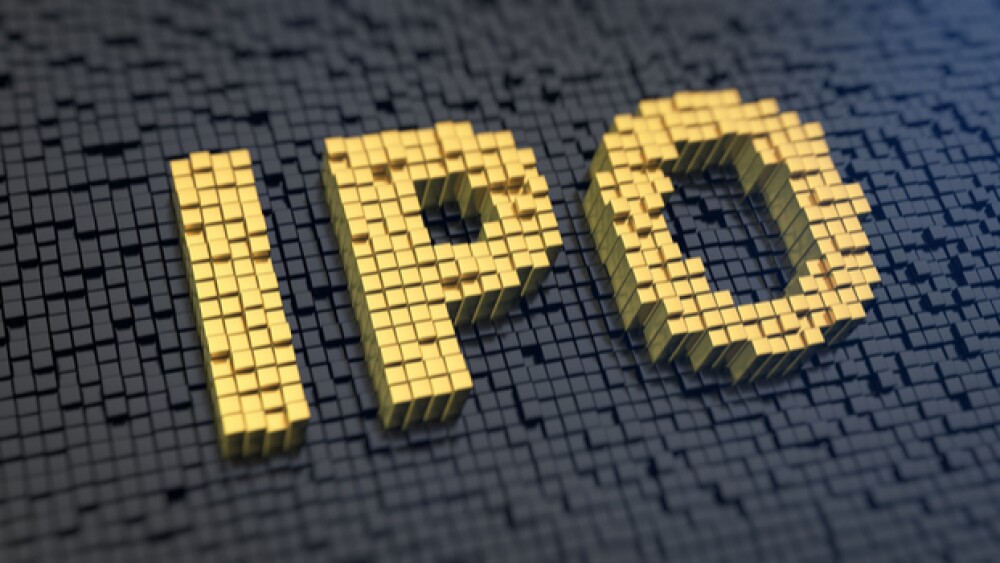As a private company, Moderna has amassed a significant fortune of billions of dollars and a valuation of about $7 billion – all of this without any marketed product in the company’s field of messenger RNA (mRNA).
Nine months after securing $500 million in an equity round, biotech unicorn Moderna Therapeutics is looking to raise an additional $500 million in an initial public offering, making it among the biggest the industry has seen.
As a private company, Moderna has amassed a significant fortune of billions of dollars and a valuation of about $7 billion – all of this without any marketed product in the company’s field of messenger RNA (mRNA). Despite the lack of a marketed product, Moderna has multiple therapies in development, with a number in human trials. The company’s tech platform is based on mRNA, which has a key job in the cells to transport genetic information from DNA to the ribosome. That information provides the amino acid sequence of the eventual proteins for which the DNA is coded. Moderna engineers mRNA to deliver whatever protein codes they want the cells to produce, which then turn the cells into vaccine or drug-manufacturing plants.
Moderna’s infectious disease pipeline includes clinical trials for CMV, HMPV/PIV3, Influenza H10 and H7, Zika and Chikungunya. Despite its immense valuation, Moderna has yet to have any drugs enter late-stage trials. In July Moderna opened a new manufacturing site for its mRNA therapies.
Over the past few years, Moderna has been able to secure massive amounts of funding to support its research. The company has also been able to form research partnerships with the likes of Merck & Co. Earlier this year, the two companies expanded a two-year-old agreement to develop and commercialize personalized messenger RNA (mRNA) cancer vaccines. The new deal will include mRNA cancer vaccines that share antigens, including mRNA-5671, Moderna’s mRNA KRAS cancer vaccine. The company also has a deal with AstraZeneca on the Phase IIa development of mRNA AZD8601, for vascular endothelial growth factor (VEGF-A).
On Friday, Moderna filed for an IPO with the U.S. Securities and Exchange Commission. If the company hits the $500 million mark, it would totally eclipse the $372.6 million that Allogene Therapeutics hit last month – which was even larger than the $288 million the company initially anticipated when it filed for its IPO.
Since its launch in 2010, Moderna has moved 21 programs into development, and manufactured more than 50 drug substance lots for use in IND-enabling studies, the company said in the prospectus filed with the SEC.
In the prospectus, Moderna did not disclose how many shares it intends to sell, nor did it provide a price. The company would trade on the Nasdaq under the symbol MRNA.
With a $500 million IPO prize in sight, the company is banking on its track-record of attracting big-name investors when it goes public. Its IPO is underwritten by some big names, including Morgan Stanley, Goldman Sachs, J.P. Morgan, Barclays, Piper Jaffray and BofA Merrill Lynch.





